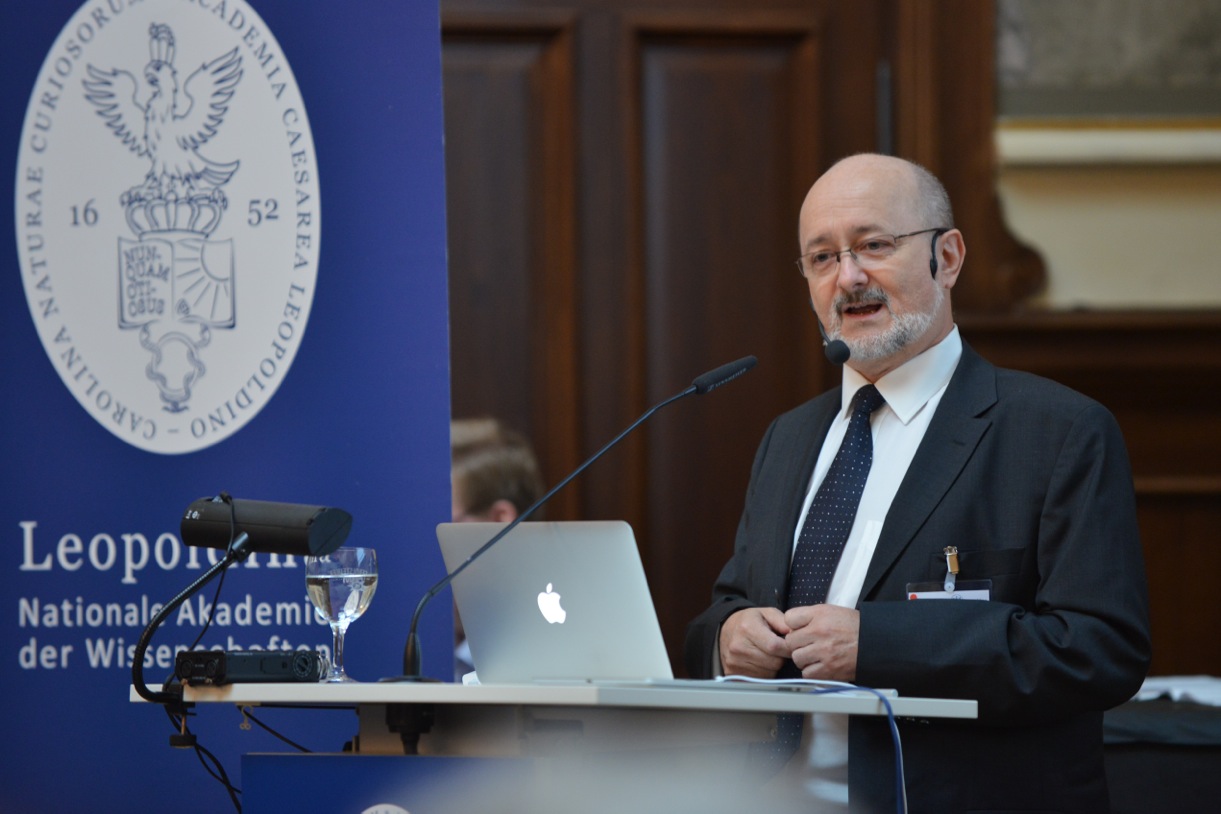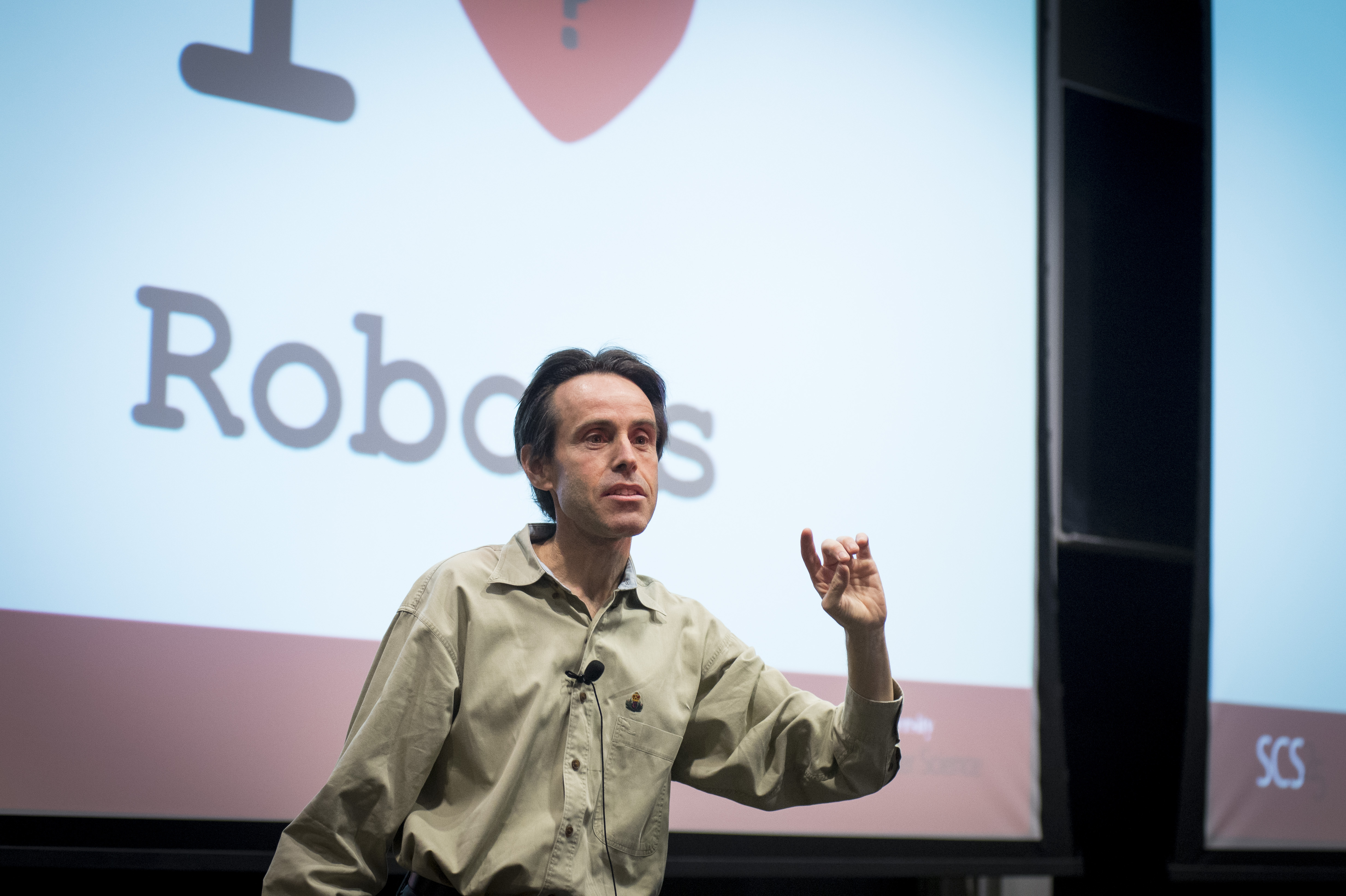Two SCS Faculty Members Named 2015 IEEE Fellows ECE Prof Also Among Those Honored For Technological Contributions
Byron SpiceTuesday, December 23, 2014Print this page.

Alex Waibel and Howie Choset of the School of Computer Science and Diana Marculescu of the Electrical and Computer Engineering Department have been named 2015 IEEE Fellows in recognition of their technological contributions to society.
The IEEE is the world's largest professional association dedicated to advancing technological innovation and excellence for the benefit of humanity. The IEEE Board of Directors awards the rank of fellow to a person with an outstanding record of accomplishment.
Waibel, a professor in the Language Technologies Institute, as well as the Karlsruhe Institute of Technology, was cited by IEEE for his contributions to neural network-based speech recognition and translation and to multimodal interfaces.
Waibel heads the International Center for Advanced Communication Technologies, or InterAct, a lab operated jointly by CMU, KIT and other universities that develops software and systems for speech-to-speech translation and human-machine translation. A related Pittsburgh company, Mobile Technologies, which developed the popular Jibbigo speech translation app for smartphones, was acquired last year by Facebook.
Choset, professor in the Robotics Institute, directs the Biorobotics Laboratory, which specializes in snake-like robots, was cited by IEEE for contributions to the design, control and planning of highly-articulated robots.
Choset has explored the use of snake robots in urban search and rescue, taking advantage of their ability to maneuver between rubble and through or around pipes, as well as their use in power plant inspection and in archaeological studies. Earlier this year, he co-authored an article in the journal Science in which researchers used snake robots to test ideas about how real sidewinders are able to quickly climb sandy slopes – knowledge that ultimately was used to improve the performance of the robots. Choset also applied his ideas on snake robots to develop a mechanism for minimally invasive surgery; ultimately, he co-founded a company, Medrobotics, which is now marketing in Europe a surgical device with a snake-like design.
Marculescu, a professor and associate department head for Academic Affairs in ECE, was cited by IEEE for contributions to design and optimization of energy-aware computing systems.
Marculescu’s research interests include energy-, reliability- and variability-aware computing and CAD for non-silicon applications. She has won many awards and honors from international professional societies, and governmental and industrial funding organizations. Among them are the ACM Distinguished Scientist Award, a National Science Foundation Faculty Career Award (2000), and the Carnegie Institute of Technology George Tallman Ladd Research Award (2004). She was recently selected an ELATE Fellow (2013-2014), received an Australian Research Council Future Fellowship (2013-2017), and the ACM/IEEE Design Automation Marie Pistilli Award (2014). She also was an IEEE-Circuits and Systems Society Distinguished Lecturer (2004-2005).
Through its 400,000 members in 160 countries, the IEEE is a leading authority on a wide range of areas ranging from aerospace systems, computers and telecommunications to biomedical engineering, electric power and consumer electronics.


Byron Spice | 412-268-9068 | bspice@cs.cmu.edu
